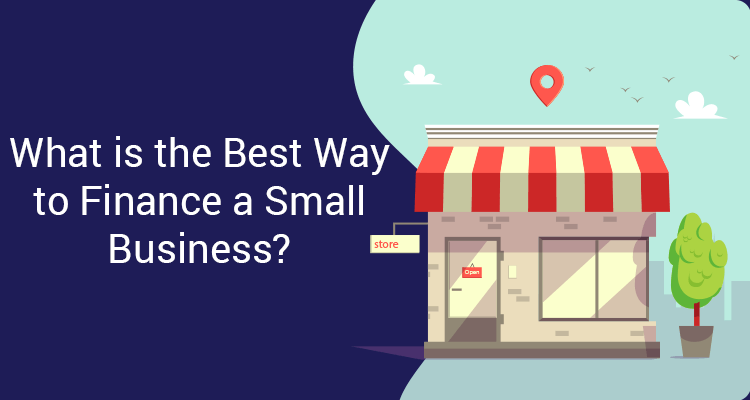What To Know Before Asking Someone To Cosign On Your Small Business Loan
Table of Contents
Taking a business loan may require a cosigner if your credit score or income is low or if you're just launching your business. It is a lender's way of reducing their risk. However, before looking for a co-signer, consider the advantages and disadvantages of one. This article covers all you need to know about cosigned business loans.
What Is A Co-Signed Business Loan?
Co-signed business loans are a form of business financing guaranteed by a co-signer. If you default on the loan, your co-signer or guarantor will pay on your behalf. It is typical for co-signers to have good or excellent credit, as well as substantial assets. Cosigning for a loan is tedious and involves a lot of paperwork.How The Co-signing Process Works?
Here's how you get a business loan with a cosigner:• Depending on the applicant’s income, credit, or debt-to-income ratio, the bank may request a business loan cosigner. A cosigner usually increases your chances of getting approved.
• In most cases, you'll need a co-signer with pristine credit or assets to pledge in case of default.
• Applicants and their co-signers must both pass the application process. It is essential to submit documentation demonstrating your credit rating and asset value to the lender.
• At the end of the process, a co-signer must sign all loan documents to confirm that they agree to the loan terms.
• Co-signers receive bank communications and are informed if the applicant fails to make payments on time.
Pros And Cons Of Using A Cosigner
Pros
The benefits of having a cosigner for a business loan include:• Co-signers make it easier for applicants with no credit history or bad credit to get a loan. A co-signer who accepts responsibility for repayment lowers the lender's risk, making it easier for the lender to approve the loan.
• As a cosigner lowers the risk, the primary borrower usually gets a lower interest rate.
• The borrower may qualify for a bigger loan amount with a cosigner.
• Both the signer and co-signer will have the loan recorded on their credit reports. On-time monthly payments by the signer will increase both parties' credit scores.
Sapna aapka. Business Loan Humara.
Apply NowCons
Co-signing a loan entails the following risks:• Late or missed payments will also affect the signer’s and cosigner's credit score because the loan debt appears on their credit reports.
• By co-signing a business loan, the co-signer agrees to accept the same responsibilities and penalties as a lender. A late or non-payment of the loan could result in late fees, legal action, and forfeiting collateral.
• If the primary signer does not repay the loan, this could affect the cosigner's relationship with the borrower.
• Co-borrowers aren't always the same as co-signers. But, in some cases, they will co-own your purchases with the loan.
Apply For A Business Loan With IIFL Finance
Take your business to new heights by exploring IIFL Finance business financing options. Business financing here is made easy with round-the-clock customer service, multiple locations, and borrower-friendly interest rates. You can launch your business dreams with attractive interest rates and a hassle-free approval process. Apply for an IIFL business loan today!Frequently Asked Questions
Q1. Can a business loan be co-signed?
Ans. Yes, you may need to find a co-signer for your business loan if your lender believes you don't have the required credit score or assets.
Q2. Who is eligible to co-sign a loan?
Ans. Business lenders typically require co-signers to have an excellent credit score and adequate assets to support your business loan.
Sapna aapka. Business Loan Humara.
Apply NowDisclaimer : The information in this blog is for general purposes only and may change without notice. It does not constitute legal, tax, or financial advice. Readers should seek professional guidance and make decisions at their own discretion. IIFL Finance is not liable for any reliance on this content. Read more




